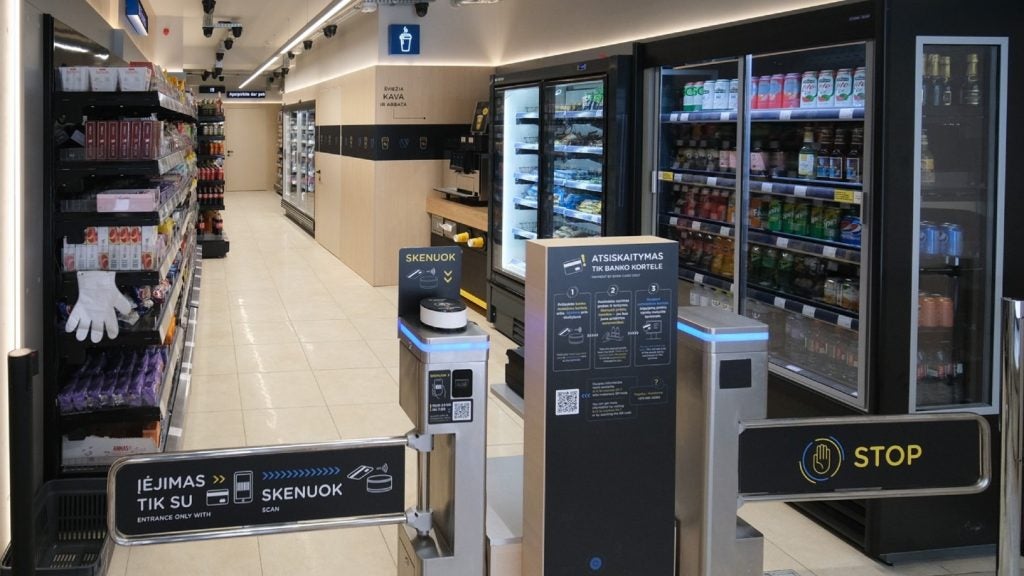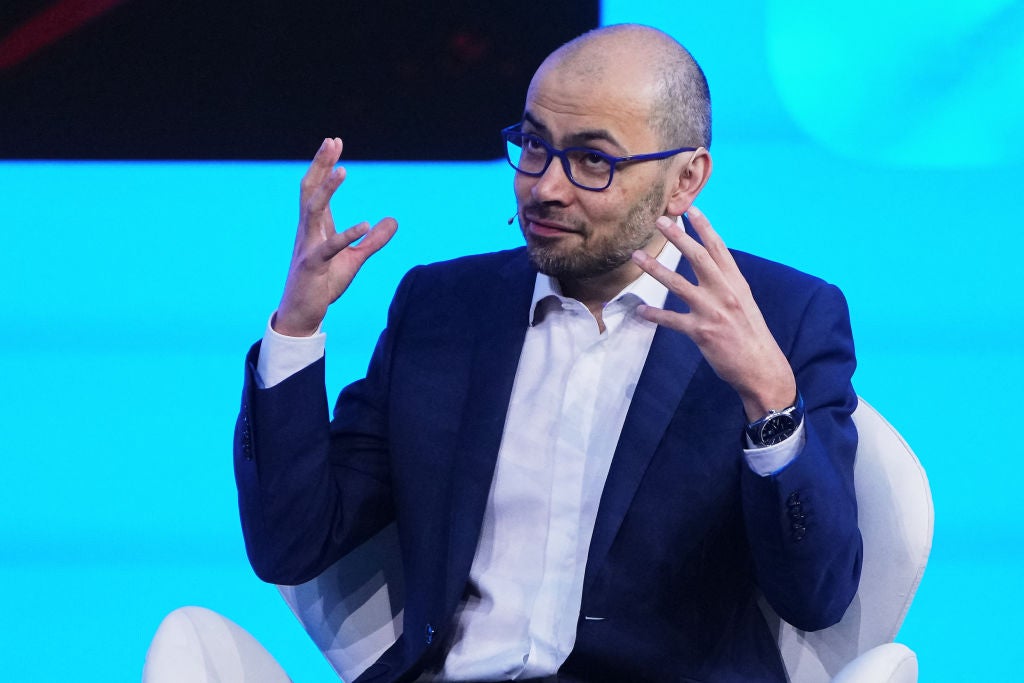
BT Group’s announcement on Friday that chief executive officer Gavin Patterson will be stepping down from his position has prompted a 5G-focused restructuring within the business.
BT’s chairman Jan du Plessis said: “The Board is fully supportive of the strategy recently set out by Gavin and his team. The broader reaction to our recent results announcement has though demonstrated to Gavin and me that there is a need for a change of leadership to deliver this strategy.”
“To that end, a number of concrete initiatives have already been launched and Gavin’s commitment to continue to lead the business during this transition phase will provide invaluable continuity. While BT is a very demanding business, with multiple stakeholders, we do have significant opportunities ahead of us. I am confident that, for the remainder of his term, Gavin and his senior management team will continue to display the energy required to deal with every dimension of the task at hand.”
Patterson explained: “It’s been an honour to lead BT since 2013, and serve as a member of the Board for the last 10 years. Throughout that time I’ve been immensely proud of what we’ve achieved, in particular, the transformation of the business in recent years with the launch of BT Sport, the purchase and integration of EE, and the agreement to create greater independence for Openreach.”
“That, combined with the critical expansion of our superfast broadband network to 27m customers, and our stated ambition to reach 10m homes with ultrafast broadband by the mid-2020s have fundamentally repositioned the company.”
Patterson’s exit comes after backlash from investors over BT’s recent results and there were concerns that the incumbent CEO is no longer the right person to lead the company through a restructuring.
How well do you really know your competitors?
Access the most comprehensive Company Profiles on the market, powered by GlobalData. Save hours of research. Gain competitive edge.

Thank you!
Your download email will arrive shortly
Not ready to buy yet? Download a free sample
We are confident about the unique quality of our Company Profiles. However, we want you to make the most beneficial decision for your business, so we offer a free sample that you can download by submitting the below form
By GlobalDataMarkets.com chief analyst Neil Wilson said: “There’s been more wrong than right for BT since he took over five years ago. It’s been a disappointing time for BT and for its shareholders.” He added that he believed investors coerced Patterson’s departure.
Project Novator: Incorporating 5G technology
The new restructuring plan, Project Novator, includes cutting 13,000 jobs in managerial and administrative positions and moving out of BT’s central London HQ after almost 150 years, in an effort to save £1.5bn. The company failed to hit profit and revenue targets in the year to the end of March, and shares in the company are now at a six-year low. At its height in November 2015, the share price was 499.8p, more than double what it is currently, at 202.9p per share.
George Salmon, an equity analyst at Hargreaves Lansdown, added: “Since 2016, BT’s share price graph resembles something of a black run; pretty much always on a downward trend and with a few nasty cliffs here and there.”
“Ultimately, this is what’s behind the change. Shareholder confidence has followed the share price down and with BT embarking on a crucial restructure, the board has decided it’s time for a change.”
The money saved will justify BT’s transition to 5G technology and full fibre networks throughout 2019. This would require hiring 6,000 new engineers, meaning BT plan to cut a net total of 7,000 jobs.
Project Novator indicates a move away from some of Patterson’s recent initiatives; such as the decision to spend billions buying TV rights to attract customers to its pay TV services and in 2016 spent £12.5bn to acquire EE, the UK’s largest mobile provider at the time.





